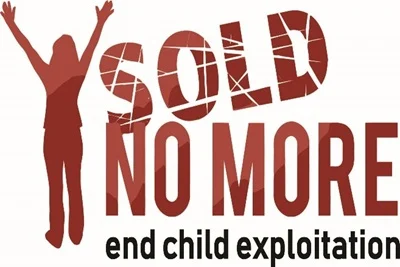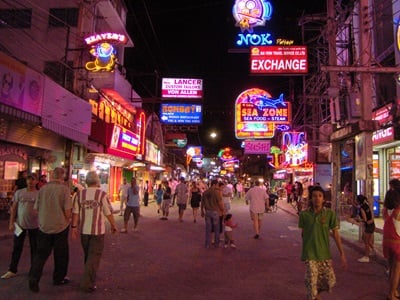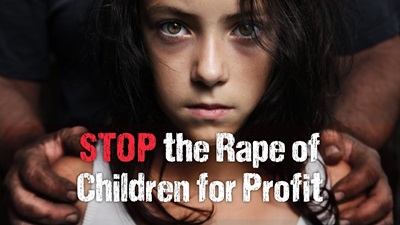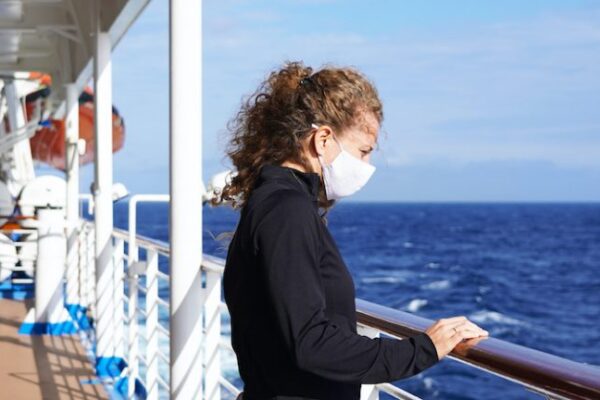A Thai court sentenced a 36-year-old German tourist to 43 years in jail for sexually abusing children.
In the Philippines, a 66-year-old Australian was sentenced to 17 years in prison for buying sex from a 12-year-old girl. In Sri Landa, a Canadian received a one-year suspended sentence for sexually assaulting two boys, aged 12 and 14 (Fighting Child Sex, 1996, p. 3).
In Sweden, a 69-year-old retired civil servant was convicted of molestation of a 13-year-old boy at the Thai beach resort of Pattaya. The Swedish authorities used the principle of extraterritoriality to prosecute a Swedish citizen for child sex crimes committee overseas (Swedish Court, 1995).
Providing Alternatives
The laws grow, but so does the problem. There is no way to discount the economics of child sex tourism. The tourist provides income to all parties in the transaction including the families that sell their children, the governments who earn hard currency from the tourists, the pimps and promoters who market the children, the brothel owners who provide shelter and food to the child and ultimately the child who takes her meager earnings and sends them back to her family.
Who will stand up for the children when their little bodies provide a disincentive for change?
Ms. Meena Poudle, chair of the non-profit Nepalese organization WATCH: Women Acting Together for Change, advocates alternative survival opportunities for the poor and disadvantaged, eliminating prostitution as a viable option. Ms. Poudle recommends organization and education addressing the issue of sexual discrimination providing the skills that will empower women to defend themselves. She also suggests that HIV and AIDS education be made available to both men and women (1994, 3).
Pope Jon Paul II expressed his “horror over the degrading practice of sex tourism.” In 1990, he warned, “men, women, and children must not be used as objects at the expense of their inalienable dignity” (Hornblower & Morris, 1993, p. 6).
In Negombo, Sri Lanka, a mecca for European pedophiles, Catholic priests started protest marches until embarrassed authorities agreed to combat the trade. The parliaments of Sweden, Denmark, Switzerland, England, Thailand, and Cypress have been debating this issue. Germany has stiffened antitrafficking law and Belgium will do so in the future.
The effects of child sex tourism on the consumer countries are not clear. The sex tourists’ home country is affected when it cultivates a negative image abroad. (Robinson, P., 1993, p. 4). Panama, Canada, and Australia have implemented distinct initiatives to combat human trafficking and illegal sex tourism. In Panama, a $1 airport exit tax for foreign tourists leaving Tocumen Airport contributes to the Sexual Exploitation Fund, supporting rehabilitation services for sex trafficking victims. Canada’s “It’s a Crime” campaign educates tourists about the dangers and consequences of engaging in human trafficking and illegal sex tourism abroad. Australia’s “Smart Volunteering” program encourages volunteers to choose reputable programs prioritizing child safety.
Additionally, international efforts by the United Nations and the Council of Europe involve anti-trafficking initiatives providing a framework for global cooperation. Laws enabling the home country of tourists to prosecute individuals engaged in illegal sex tourism create a deterrent effect and strengthen the legal framework against human trafficking globally. Countries lacking extraterritorial legislation cannot prosecute crimes committed by their nationals outside their borders, a significant concern in destinations historically linked to sex tourism.
Will the Industry Ever Wake UP?
While governments are facing the problem and attempting to find solutions, the hospitality, travel, and tourism industries have been slow to implement available measures for addressing the distressing and disturbing business. The industry is part of the problem, what will it take to make them aggressively become part of the solution?
© Dr. Elinor Garely. This copyright article, including photos, may not be reproduced without written permission from the author.
This is a multiple-part series. Read previous articles below.
INTRODUCTION
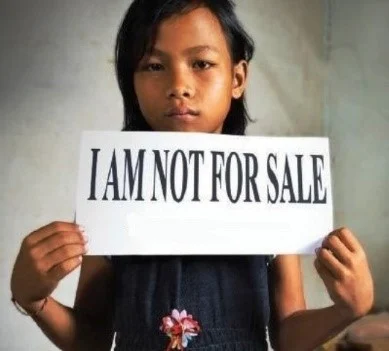
The Dark Side of Globalization: Children Sex and Tourism
PART 1
Role of Hospitality, Travel, and Tourism in Child Trafficking and Tourism
Profiting From the Sale of Children
PART 3
PART 4
PART 5
Sexual Abuse of Children in Tourism Creates Benefits?
PART 6
Marketing Abuse of Children for Sex Tourism
PART 7

